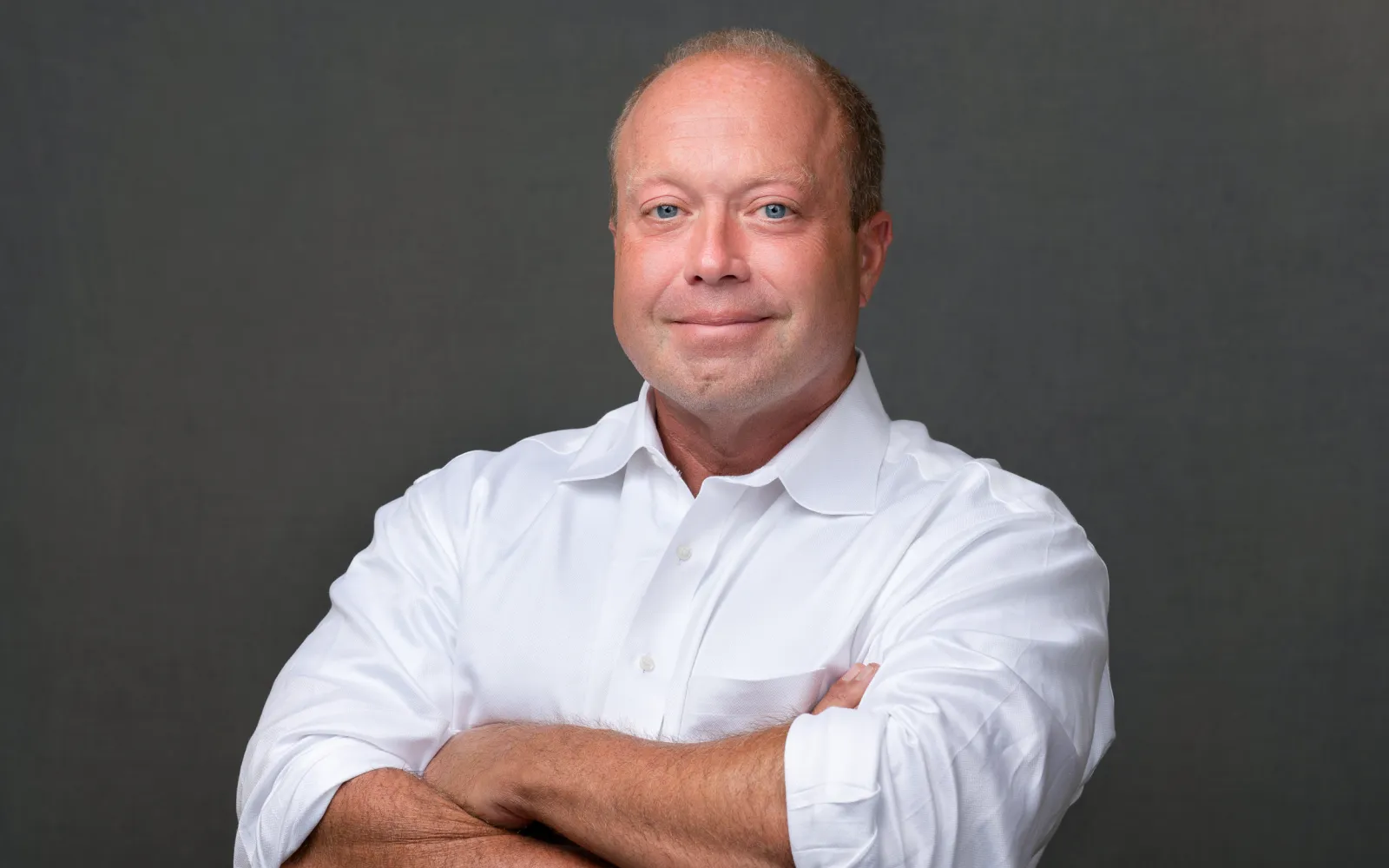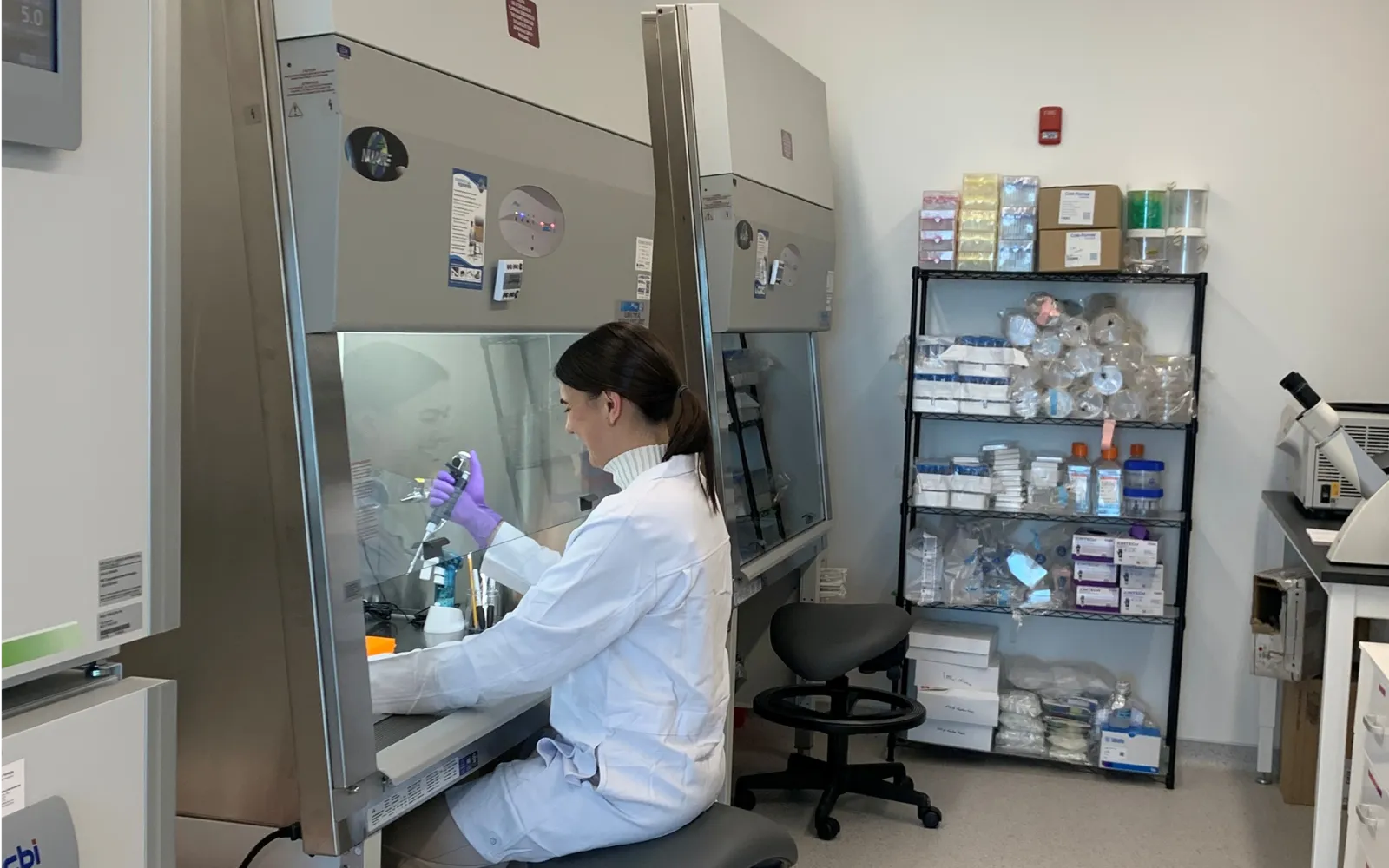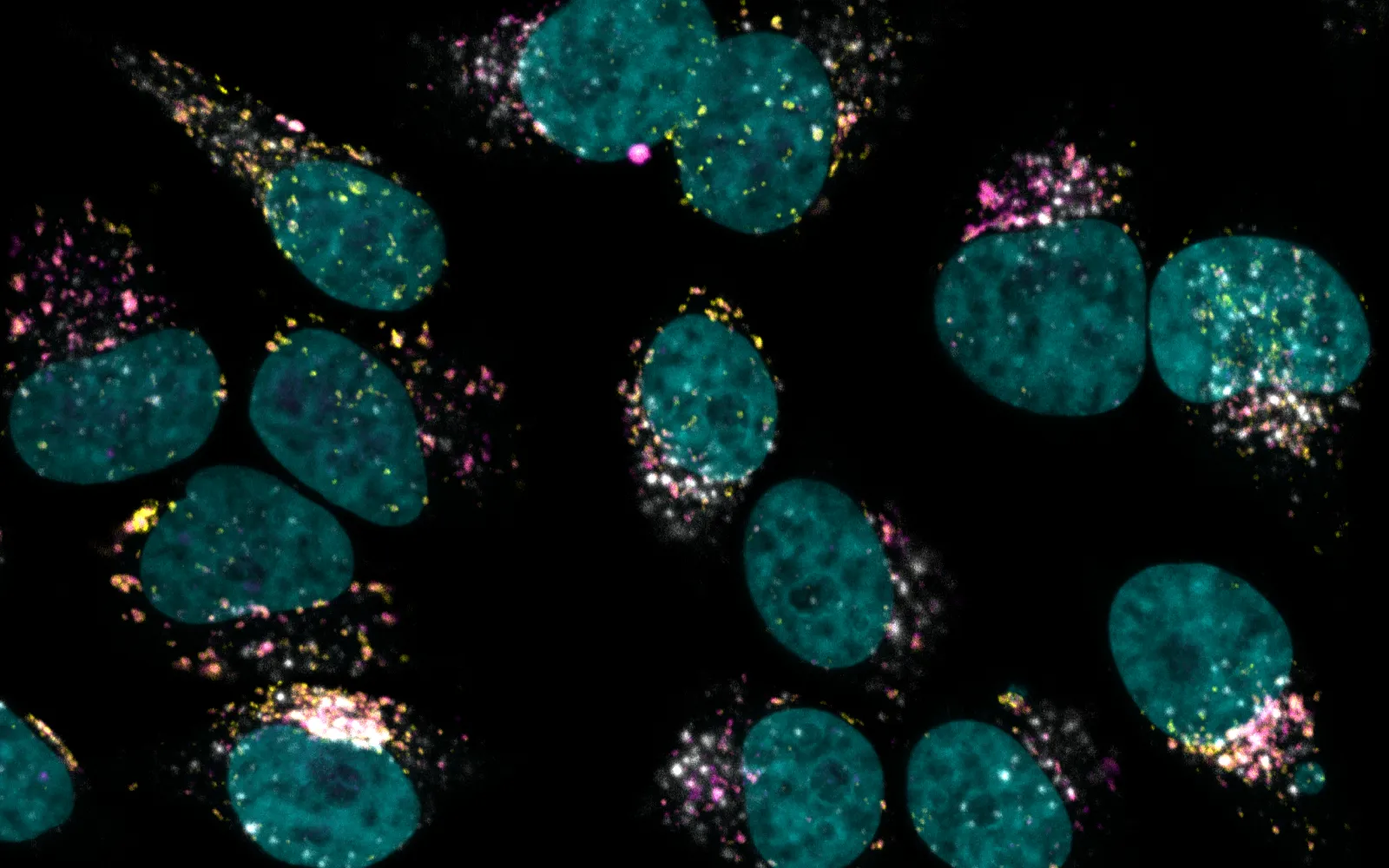
Ascend Advanced Therapies
Quality manufacturing capacity for developers of gene and cell therapies
Gene therapies represent a transformative approach in modern medicine. Unlike traditional drugs, they are able to treat and cure, or prevent, diseases by editing the body’s instruction manual, the DNA, to fix mistakes or add helpful new information.
In December 2023, the Food and Drug Administration (FDA) approved two gene therapies, Casgevy and Lyfgenia, for sickle cell disease; regulators are expected to greenlight up to 17 more cell and gene therapies in 2024. Notably, Casgevy employs CRISPR/Cas9 technology, a first for an FDA-approved drug. CRISPR/Cas9 works by using a custom-designed RNA sequence to locate a specific DNA segment, where an enzyme like Cas9 then makes precise edits. The technology’s successful application in Casgevy underlines its potential to transform medical approaches to various genetic and non-genetic diseases.
Despite the growing number of gene therapies expected to be approved this year, a few obstacles stand in the way of widespread adoption. One involves the limitations of current drug production technology in meeting the specific demands of gene therapy. A second is the limited number of scientists, engineers, and quality analysts experienced in the rapidly evolving field of cell and gene therapy manufacturing.
DCVC Bio portfolio company Ascend is actively addressing these challenges. The company’s approach includes assembling a skilled team through strategic acquisitions and driving innovation through the implementation of advanced analytics and technology, essential for ensuring the purity and quality of gene therapies. Ascend is also moving toward achieving compliance with Good Manufacturing Practice (GMP) standards, a set of FDA-defined benchmarks that ensure consistent quality in drug manufacturing. Compliance with these regulations is mandatory for pharmaceutical companies in the United States, and the FDA enforces GMP regulations and inspects pharmaceutical manufacturing facilities to ensure compliance.
We spoke with Ascend CEO Mike Stella about the opportunities presented by the recent gene therapy approvals and how his company is positioning itself to capitalize on the coming revolution in personalized medicine.
DCVC: The FDA’s recent approvals of Casgevy and Lyfgenia mark a significant milestone in gene therapy for sickle cell disease. How do you envision gene and cell therapies impacting global healthcare in the next decade?
Stella: These therapies are a game-changer, offering highly effective and potentially curative treatments compared to the traditional standard of care. While there’s been some concern about their initial costs, they actually represent significant long-term savings by effectively managing chronic diseases. This will not only improve the quality of life globally but also reduce the healthcare cost burden.
And it’s important to keep in mind that we’re just at the beginning. With a growing clinical pipeline and better regulatory understanding, I expect a rapid advancement in these therapies. You’ll see a snowball effect over the next five years, where the timelines to approval will get shorter because everyone is building on a foundation of knowledge that grows exponentially year over year.
DCVC: How do these approvals specifically impact Ascend, and what role do you see the company playing in the broader landscape of cell-based gene therapies moving forward?
Stella: These FDA approvals are a major boon for the industry and, by extension, for companies like Ascend. They’re a validation of gene therapies and open up a broader pipeline for potential applications. We specialize in helping customers develop these transformative therapies and bring them forward to the clinic. More funding for more diverse diseases means increased opportunities across the industry.
DCVC: With these new developments in gene therapy, what’s next for Ascend? Can you share any upcoming projects or goals that reflect the company’s vision and strategy in the evolving landscape of gene and cell therapies?
Stella: First, we’re focused on leveraging our expertise in innovation and process development. We’re making strides in improving product yields and quality in our facilities in Alameda, California, and Munich, Germany. This includes working on applications that could allow clients to reduce their manufacturing scales significantly, leading to cost savings. For instance, advancements in yields might enable a reduction from 500-liter to 200-liter production scales, giving the same amount of usable, high-quality product.
In Munich, we are also setting up a Good Manufacturing Practice (GMP) laboratory. GMP is a system ensuring that products are consistently produced and controlled according to quality standards. It’s vital for our industry, particularly for clients needing product testing and release for clinical trials or commercial applications in Europe. We expect this laboratory to be operational by the middle of the second quarter of 2024.
Finally, on the manufacturing front, we’re actively pursuing strategic acquisitions in the United States. These acquisitions will enhance our capabilities from clinical to commercial production. Our acquisition strategy emphasizes the talent and experience of the teams rather than just the facilities. We believe the industry needs experienced teams to drive production quality. We’re on track to finalize these acquisitions by the end of the second quarter, further expanding our development, characterization, and manufacturing capabilities.




